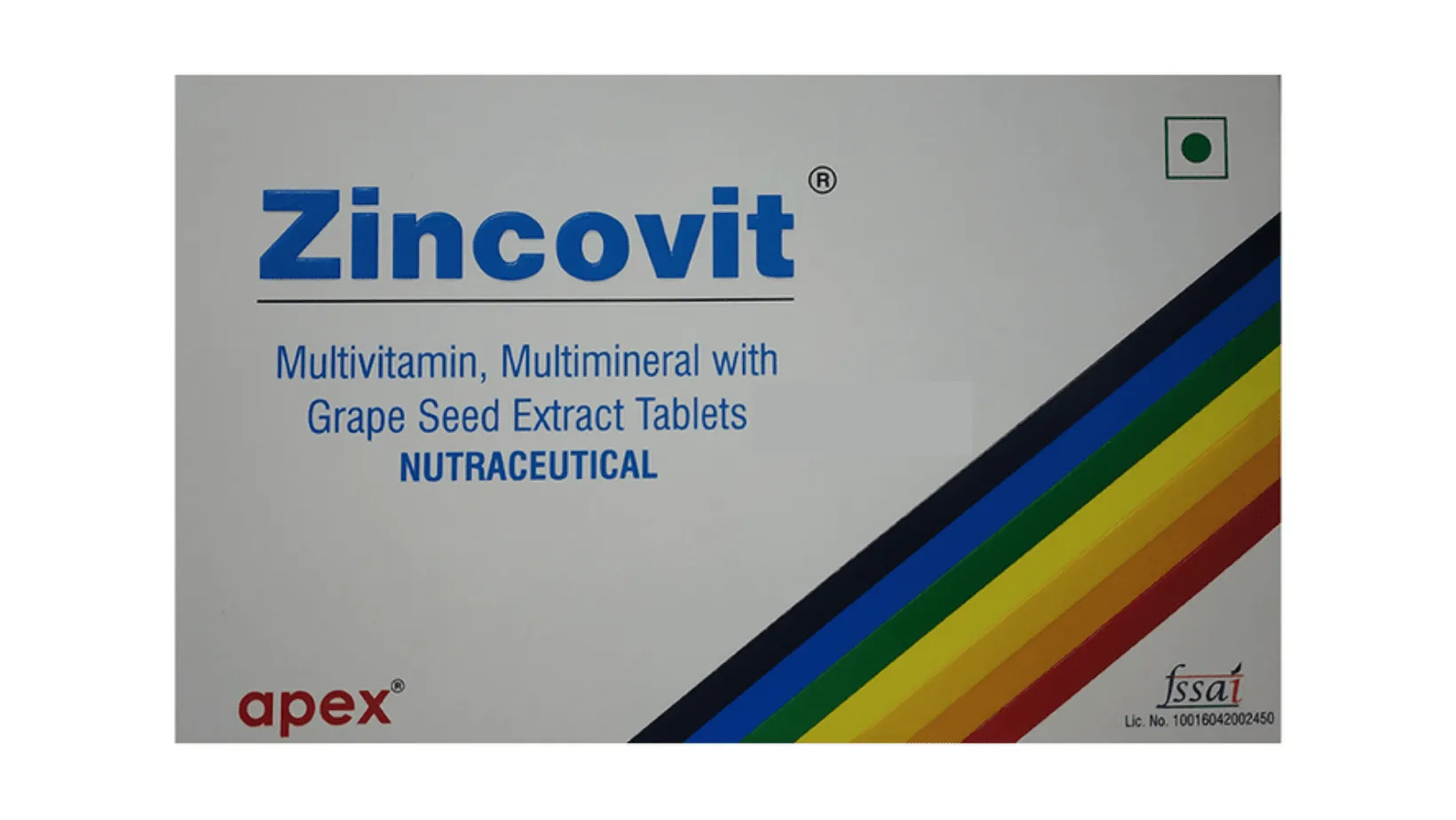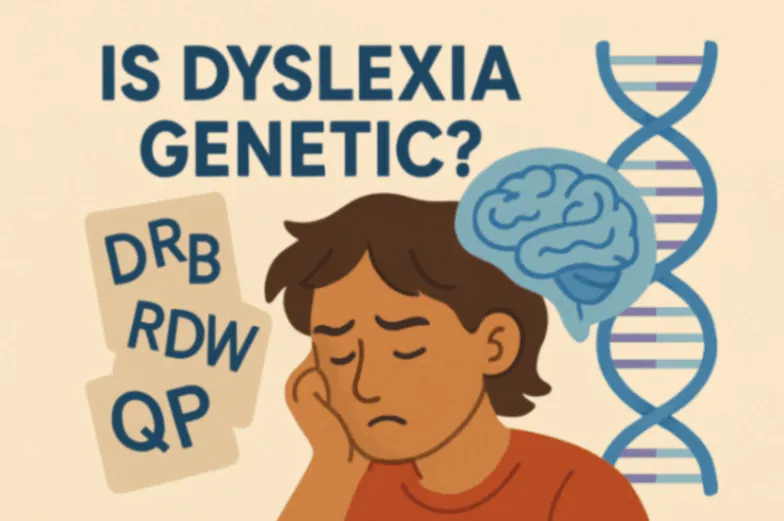Mental disorders affect children's learning, behavior, and emotional management. Certain factors cause childhood mental illnesses. Kid mental health disorders might harm their general health. A depressed kid is more likely to be unhappy at school, on the playground, at home, with friends or family, or anywhere. This affects a child's growth, memory, and socialization. This can cause child aggression.
Parents and caregivers need to understand childhood mental health as protectors of their lives. Natural medications such as Swarnaprashan and other Ayurvedic products are necessary for kids to provide complete shelter for children's emotions.
In this blog post, we will explore the numerous mental diseases that may haunt kids and the mild cures nature offers to build resilient and healthy minds.
Types of Mental Disorders in Kids
Recognizing and understanding children's mental illnesses is vital. Each child's mental health thread - developmental delays, attention challenges, autism, and bedwetting - is unique. Join us as we examine developmental delays, ADHD, autism, bedwetting, hyperactivity, and natural therapy for kids.
1) Developmental Delay
Developmental delays affect physical, cognitive, and social-emotional milestones. Thinking and understanding are complicated with speech and language difficulties. Crawling, walking, and motor skill delays might hamper clutching. Natural, medicinal, and genetic factors can cause it.
Speech, occupational, and physical therapy must be sought early for developmental issues. Healthy food and pleasant activities help kids grow holistically and meaningfully.
Natural Remedies for Developmental Delay
Kids cognitive, physical, and social-emotional deficiencies worry parents.
Here are the list of natural therapies for developmental delays in children.
-
Early Intervention Programs:
Prevention of developmental delays involves enrolling children in early intervention programs. These programs diagnose and help children with speech, motor, or social-emotional delays. Speech therapy helps improve children's vocabulary and expressiveness.
Occupational therapy allows kids to strengthen fine and gross motor skills for daily tasks. However, physical therapy improves coordination and movement, creating the groundwork for physical development.
-
Nutritional Support:
Children with developmental disabilities benefit from a healthy diet for cognitive and physical development. Omega-3s from fish, flaxseeds, and walnuts boost brain growth. Fruits, vegetables, and whole grains improve health.
Supplements may help youngsters with developmental impairments fill nutritional shortages. Parents can consult a healthcare expert or qualified dietitian to create a child-specific diet.
-
Play-Based Learning:
Play-based learning is fun and helpful for developing children's skills. Interactive games, puzzles, and activities that fit a child's development facilitate learning. Play promotes creativity, discovery, and problem-solving. Drawing or block construction can target fine motor skills. Children learn to communicate, share, and collaborate through interactive play.
2) ADHD
ADHD causes persistent inattention, hyperactivity, and impulsivity. Academic and social performance are greatly affected by this disease in children. Chronic concentration issues, excessive fidgeting, and impulsive decision-making might impair a child's classroom performance. Creating supportive environments for ADHD patients requires understanding and treating its various effects.
Natural Remedies for ADHD
Childhood ADHD can be difficult for families. Exploring natural therapies can help control symptoms and improve well-being.
-
Balanced Diet:
ADHD kids health depends on a balanced diet. Nutrient-rich diets improve brain health and ADHD symptoms. Antioxidant-rich berries, dark leafy greens, and colorful vegetables give brain-healthy nutrients.
Neurotransmitters, energy, and mood are regulated by protein. However, reducing processed meals and sugars helps minimize blood sugar spikes and crashes, which can worsen ADHD kids impulsivity and hyperactivity.
-
Exercise Regularly:
Physical activity releases energy and helps ADHD symptoms. Regular exercise reduces hyperactivity and improves focus. Sports, cycling, and swimming help kids channel their energy. Beyond physical fitness, exercise improves neurotransmitter activity, boosting focus and cognition.
Its combination of exercise and meditation makes yoga helpful. Holistically treating ADHD, yoga improves concentration, body awareness, and relaxation.
-
The Mindfulness and Relaxation Techniques
Teaching kids mindfulness and relaxation can reduce impulsivity and improve focus. Children can relax their nervous systems by practicing deep breathing. Meditation and attentive breathing improve self-awareness and presence.
These routines improve attention, reduce impulsivity, and teach kids stress- and anxiety-management skills.
3) Autism
ASD is a complicated developmental disorder that affects behavior, speech, and social interaction. ASD symptoms vary widely and are unique to each person. This disease causes social difficulties, communication issues, and repeated habits. Understanding and accepting this variety is essential to providing autism-specific assistance and therapies.
Natural Remedies for Autism
Complex neurodevelopmental disorder autism creates distinct problems for people and families. An evidence-based approach to natural treatments provides a balanced view of adjunctive therapy.
-
Behavioral Therapy
Autism treatment with Applied Behavior Analysis (ABA) is well-established and proven. ABA breaks down complex tasks into simpler parts to understand and change behavior. Positive reinforcement and systematic attention to challenging behaviors are used.
ABA sessions with professional therapists can be tailored to individual needs to improve skill development, communication, and social relationships.
-
Dietary Modifications
Parents and caregivers have explored food adjustments for autism. Gluten-free and casein-free diets are popular. These diets assume gluten and casein, proteins in wheat and dairy, may damage autistic persons.
Some families say these food changes improve behavior, communication, and attention. Diets may work, but scientific data is scarce, and results vary.
-
Activities for Sensory Integration
Sensory sensitivity in autistic children can make daily life difficult. Sensory integration activities provide controlled and systematic sensory stimulation to treat these sensitivities. Gentle massage, sensory-friendly play, and sensory bins with rice or sand can help.
These exercises help kids control sensory experiences, enhance input tolerance, and process sensory information.
4) Bedwetting
Bedwetting, or nocturnal enuresis, is frequent in children due to neural delays and bladder control issues. Pediatricians offer behavioral approaches, moisture alarms, and physiological and psychological exams - a non-judgmental environment and parental expertise assist in managing this common kid issue.
Natural Remedies for Bedwetting
Many parents and children worry about bedwetting. Bedwetting is natural for some children, but adopting specific methods into their routine can lessen it.
-
Limiting Fluids before Bed:
Bedwetting can be reduced by encouraging youngsters to drink less before bed. Hydration is essential, but restricting beverages an hour or two before bed can reduce nighttime bladder fullness. Parents can teach their kids about hydration during the day and taper off at night. This method reduces bedwetting and encourages hydration.
-
Bedtime routine:
Regular bedtime routines help bedwetting kids feel comfortable and relaxed. A schedule helps kids relax and sleep well. This may involve reading, warm baths, and relaxing chats. Peace lessens tension and worry, which induce bedwetting. Routines help kids sleep and stay stable.
-
Positive Reinforcement:
Celebrating dry nights and using positive reinforcement can enhance a child's confidence and motivation to stop bedwetting. Praise for dry nights reinforces a sense of accomplishment. Parents might use a sticker chart to reward dry nights with a tiny reward.
This motivates the child and gives them control. Focusing on progress rather than failures requires a helpful and sympathetic mindset.
Conclusion
The well-being and success of children depend on prioritizing mental health. Understanding childhood mental problems and investigating natural therapies, such as Swarnaprashan and other Ayurvedic products for Kids, can help parents and caregivers assist their children holistically.
While natural remedies can enhance established interventions, a comprehensive and individualized approach to child mental health care requires healthcare specialists. Parents can improve their children's mental health and development via therapy interventions, lifestyle changes, and support.
Reviewed by







